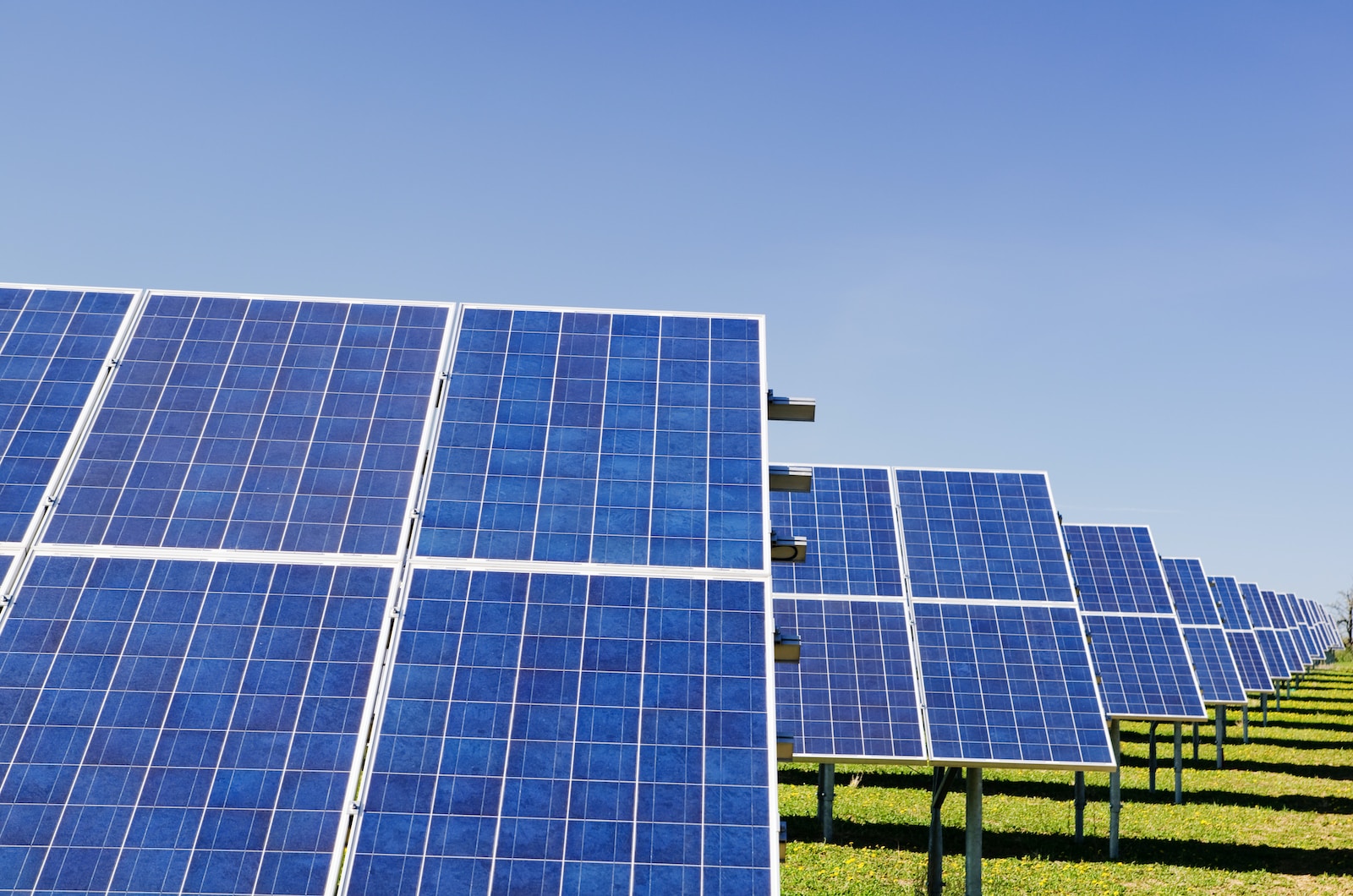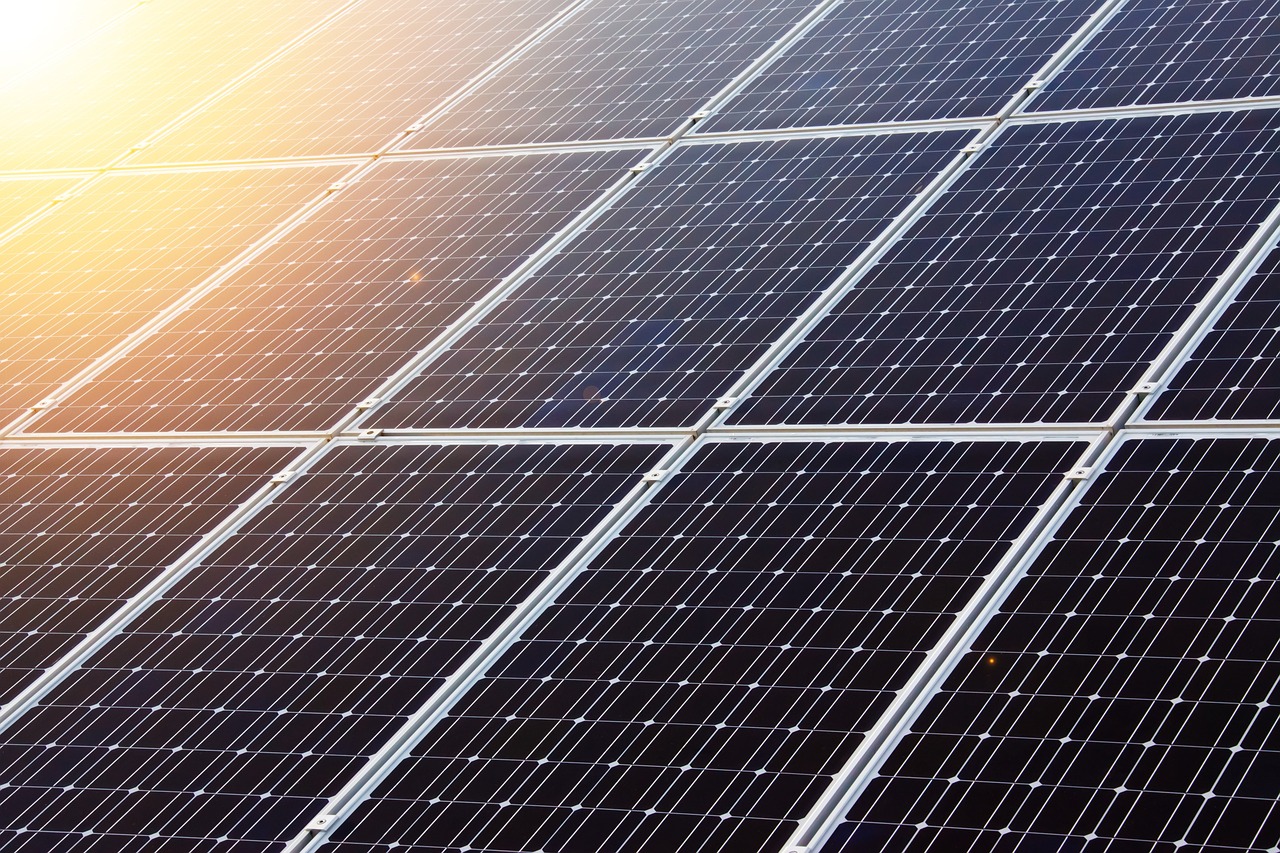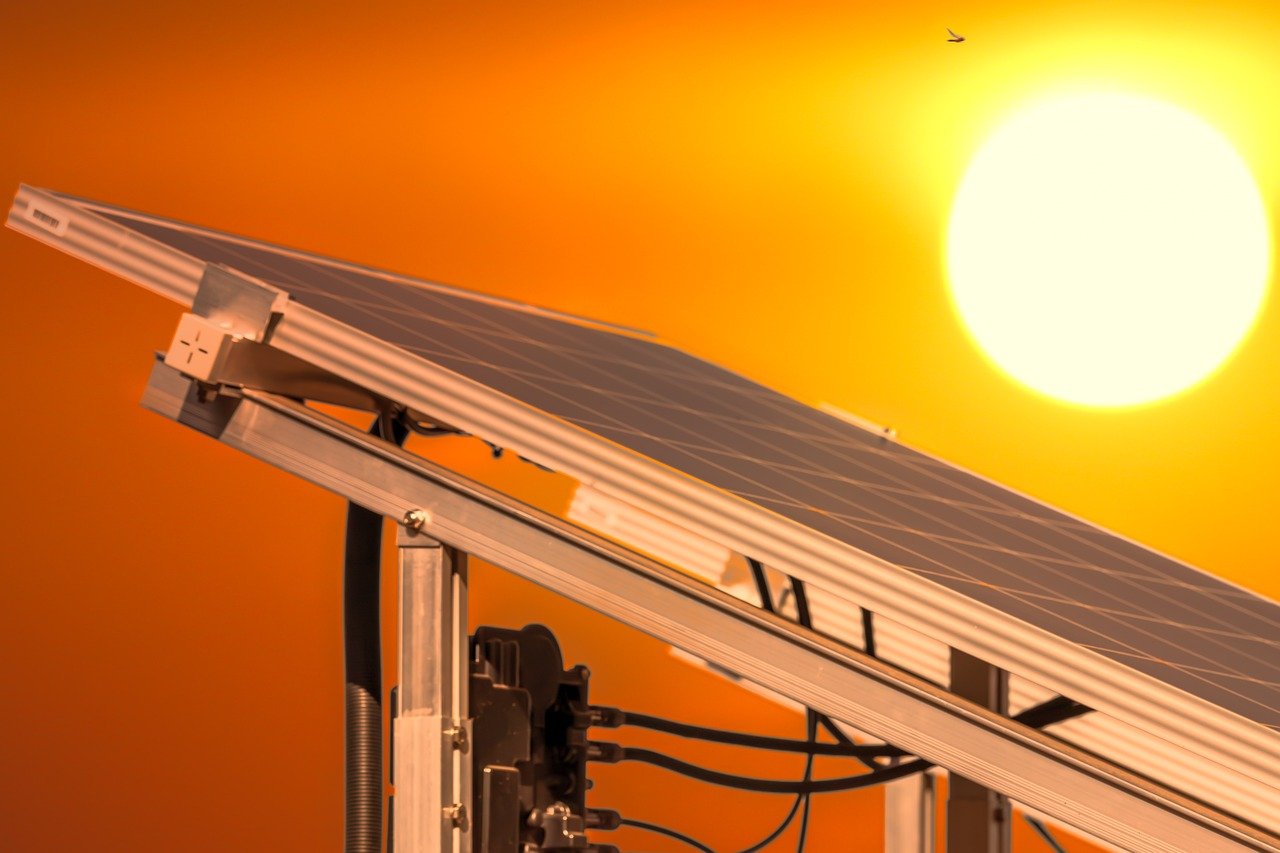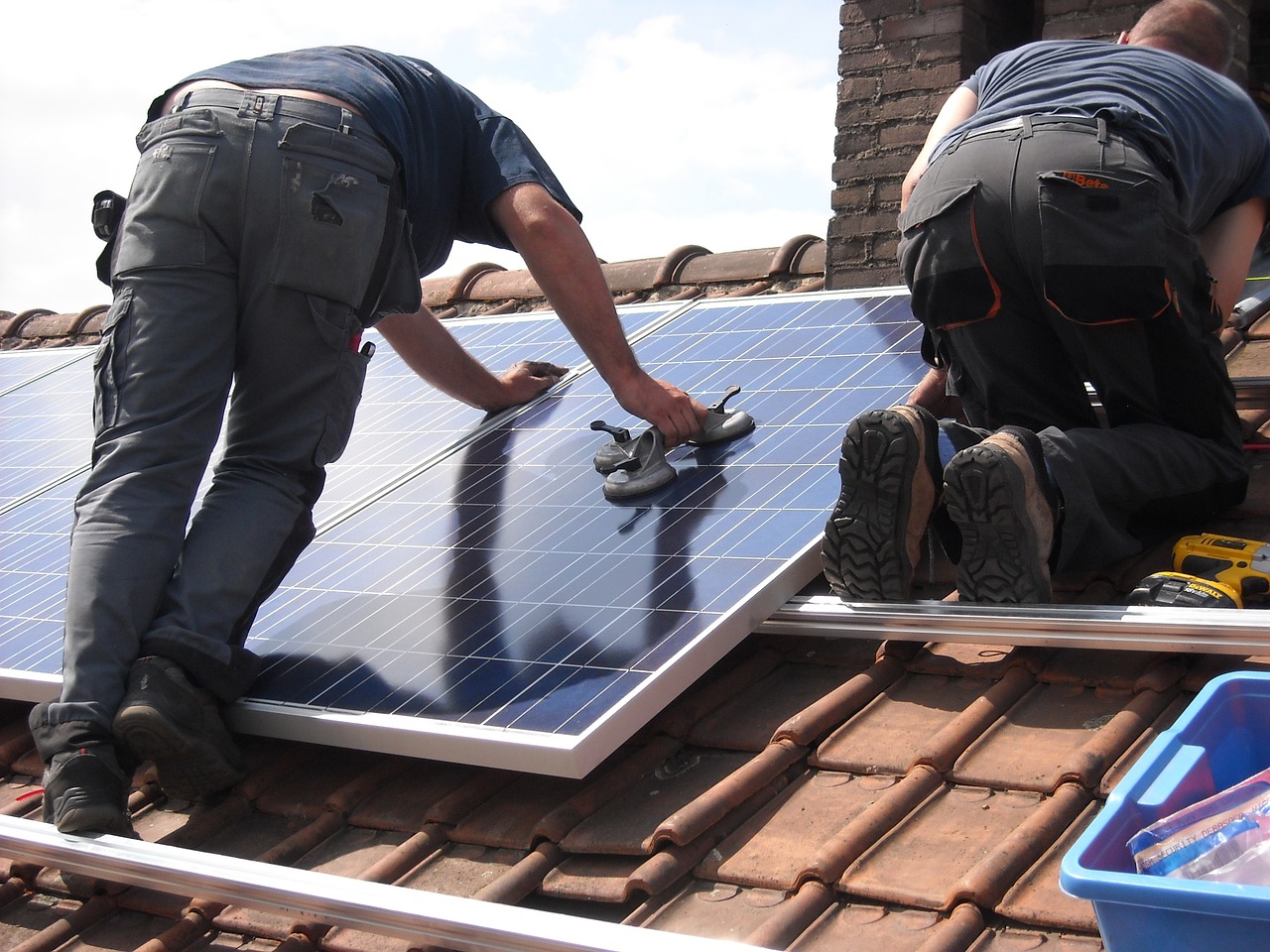Key Takeaway: While a 200 Watt solar panel has the potential to charge a 200Ah/12V battery, several factors can affect the charging process, including efficiency losses, weather conditions, and the use of a charge controller.
Are you considering using solar power to charge your battery but unsure if a 200 Watt solar panel can fully charge a 200Ah/12V battery? In this article, we’ll explore the relationship between solar panel wattage and battery charging capacity, discussing the factors that can impact the charging process and considering real-world limitations. So, let’s dive in!
Understanding Solar Panels and Wattage
Before we delve into the specifics of charging a battery, let’s start with a brief explanation of solar panels and their wattage. Solar panels are devices that convert sunlight into electricity, using photovoltaic cells to generate an electric current. The wattage of a solar panel refers to its power output, indicating the amount of electricity it can produce under standard conditions.
Solar panels come in various wattages, ranging from small panels used for charging small devices to larger panels used for residential or commercial applications. The wattage of a solar panel determines its charging capacity and how quickly it can generate electricity.
Understanding Battery Capacity
Now that we have a basic understanding of solar panels, let’s discuss battery capacity. When we refer to a 200Ah/12V battery, we are specifying its capacity and voltage. The capacity of a battery is measured in ampere-hours (Ah) and represents the total amount of charge it can store. In this case, the battery has a capacity of 200Ah.
The voltage of a battery, on the other hand, refers to the electrical potential difference it can provide. In this case, the battery has a voltage of 12V. It’s important to note that the voltage of the battery should match the voltage requirements of the system you are powering.
Factors Affecting Charging
While a 200 Watt solar panel has the potential to charge a 200Ah/12V battery, it’s essential to consider several factors that can affect the charging process.
Efficiency Losses
One important factor is efficiency losses. Solar panels are not 100% efficient in converting sunlight into electricity. Efficiency losses can occur due to factors such as heat, shading, or dirt on the panels. These losses can reduce the actual power output of the solar panel, affecting its charging capacity.
Weather Conditions
Weather conditions also play a significant role in the charging process. Solar panels perform best under direct sunlight, so cloudy or overcast days can reduce their power output. Additionally, shorter daylight hours during winter months can also affect the overall charging capacity of the solar panel.
Charge Controller
Another crucial consideration is the use of a charge controller. A charge controller regulates the charging process, preventing overcharging and ensuring the battery’s longevity. A charge controller can affect the overall efficiency of the charging system, so it’s important to choose an appropriate one for your setup.
Calculation: Can a 200 Watt Solar Panel Fully Charge a 200Ah/12V Battery?
Now let’s calculate whether a 200 Watt solar panel can fully charge a 200Ah/12V battery.
To determine the charging time, we can use the formula:
Charging Time (in hours) = Battery Capacity (in Ah) / Solar Panel Wattage (in Watts)
In this case, the calculation would be:
Charging Time = 200Ah / 200W = 1 hour
This calculation suggests that a 200 Watt solar panel can theoretically charge a 200Ah/12V battery in approximately 1 hour under ideal conditions. However, it’s important to note that this is a simplified calculation and does not account for efficiency losses or other external factors.
Real-World Considerations
While the calculation above suggests that a 200 Watt solar panel can fully charge a 200Ah/12V battery, it’s important to consider real-world limitations and practical implications.
Firstly, efficiency losses can significantly impact the charging capacity of the solar panel. Actual power output can be lower than the stated wattage due to various factors, such as temperature, shading, or dirt on the panels. It’s crucial to consider these losses when determining the charging time.
Secondly, weather conditions can affect the overall charging capacity of the solar panel. Cloudy or overcast days, as well as shorter daylight hours during winter, can reduce the amount of sunlight available for charging.
Lastly, it’s important to ensure that the solar panel and battery are compatible. The voltage of the battery should match the voltage requirements of the solar panel system. Using a charge controller can also enhance the efficiency and performance of the charging system.
Conclusion
In conclusion, while a 200 Watt solar panel has the potential to fully charge a 200Ah/12V battery, it’s important to consider various factors that can affect the charging process. Efficiency losses, weather conditions, and the use of a charge controller can impact the charging capacity of the solar panel.
Calculations suggest that a 200 Watt solar panel can theoretically charge a 200Ah/12V battery in approximately 1 hour. However, real-world limitations and practical considerations should be taken into account when determining the actual charging time.
If you’re planning to use a solar panel to charge your battery, it’s always recommended to consult with a solar energy professional to ensure you have the most efficient and suitable setup for your needs. Happy solar charging!



